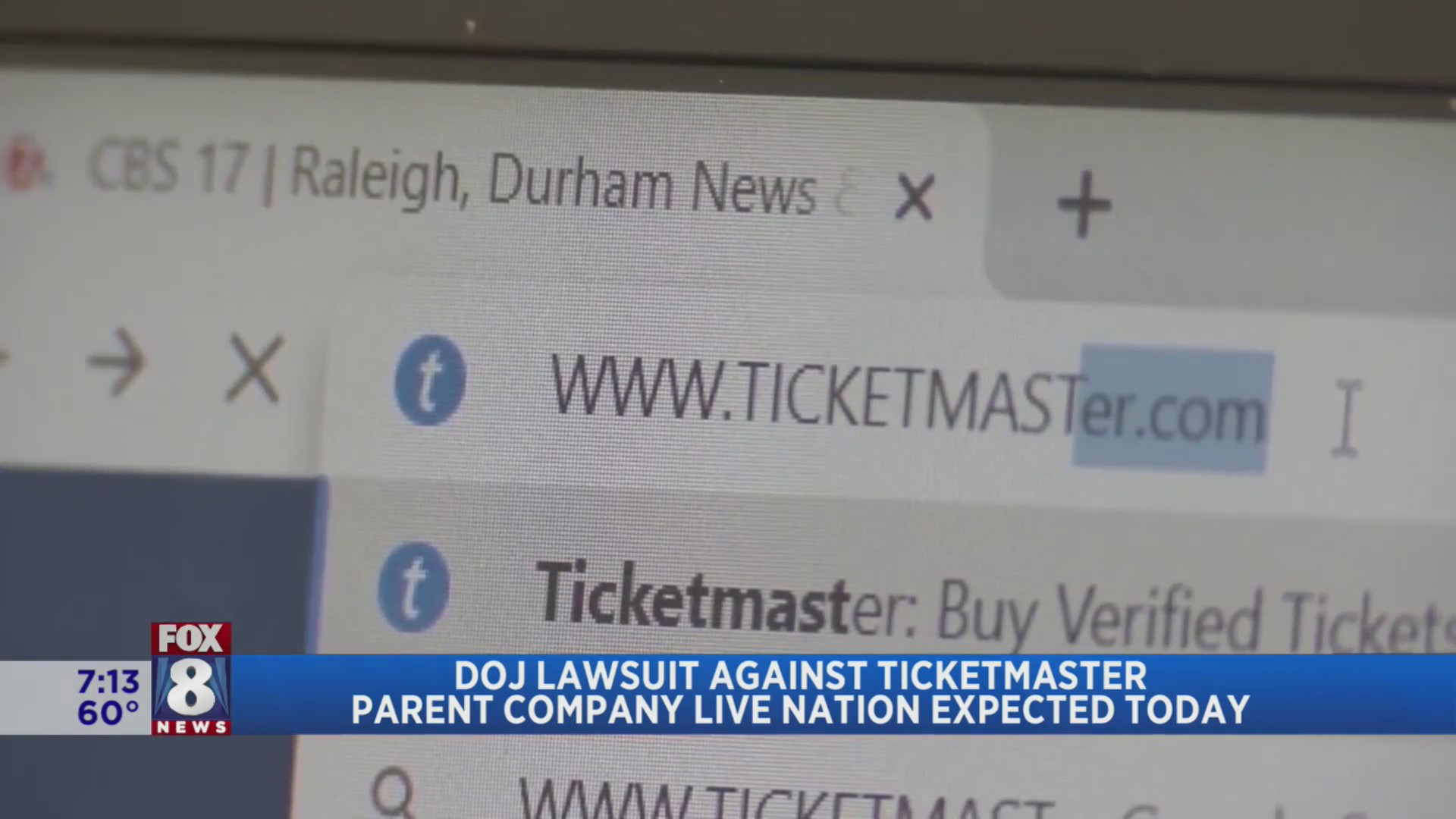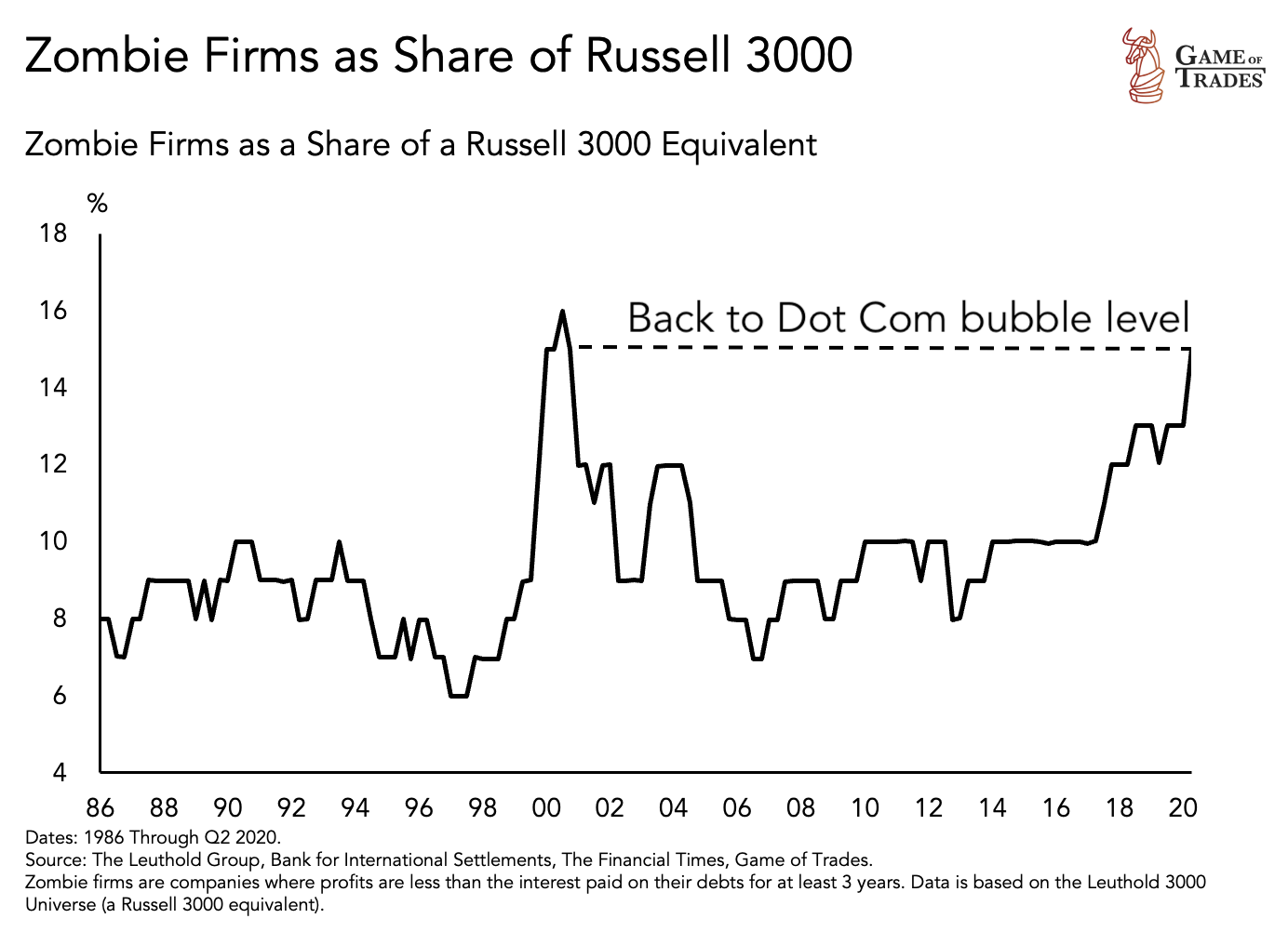Google's Search Monopoly: DOJ Files Renewed Legal Challenge

Table of Contents
The DOJ's Case Against Google's Search Dominance
The DOJ's lawsuit alleges that Google has engaged in anti-competitive practices to maintain its overwhelmingly dominant position in the online search market. This alleged Google search monopoly stifles competition and harms consumers. The core arguments center on Google's purported use of anti-competitive tactics to solidify its market share.
- Preferential Treatment: The DOJ alleges that Google prioritizes its own products and services in search results, giving them an unfair advantage over competitors. This includes preferential placement of Google Maps, Google Shopping, and other Google-owned properties.
- Exclusionary Agreements: The lawsuit claims Google entered into exclusive agreements with device manufacturers and mobile carriers, requiring them to pre-install Google Search as the default search engine, effectively locking out rivals.
- Market Dominance: Google's market share in the search engine market is staggering, consistently exceeding 90% in many regions. This dominance, the DOJ argues, is a direct result of its anti-competitive practices. The DOJ cites specific examples of Google’s actions, showcasing years of strategic maneuvers to maintain this control.
Google's Defense Strategies and Arguments
Google vehemently denies the allegations, arguing that its success is a result of innovation and providing superior services that consumers prefer. Their defense strategy focuses on several key points:
- Consumer Benefits: Google contends that its actions benefit consumers by providing a fast, efficient, and comprehensive search experience. They highlight continuous improvements and innovations in their search algorithm and related services.
- Competitive Market: Google argues that the search market is highly competitive, with numerous alternative search engines vying for market share. They point to the existence of Bing, DuckDuckGo, and other players as evidence of a competitive landscape, questioning the DOJ's definition of the relevant market.
- Innovation and Investment: Google emphasizes its significant investments in research and development, arguing that this commitment drives innovation and ultimately benefits consumers. They claim that these investments are crucial for maintaining their position in a constantly evolving market.
Potential Impacts of the Lawsuit on the Tech Industry and Consumers
The outcome of this lawsuit will have far-reaching consequences for the tech industry and consumers alike.
- Increased Competition: A successful DOJ case could lead to increased competition in the search engine market, potentially resulting in a wider range of choices and potentially lower advertising costs for businesses.
- Innovation Spurred: Greater competition might incentivize innovation and the development of new search technologies and features, benefiting consumers through improved functionality and diverse offerings.
- Pricing Impacts: The lawsuit could influence pricing structures within the online advertising market, potentially impacting the cost of advertising for businesses and ultimately influencing the prices of goods and services.
- Consumer Choice: Consumers may see changes in search results, potentially discovering new and improved services from competitors, leading to a more diverse range of information and options.
Historical Context: Past Antitrust Actions Against Google
This isn't the first time Google has faced antitrust scrutiny. The company has been involved in numerous investigations and lawsuits globally.
- EU Fines: The European Union has levied significant fines against Google for anti-competitive practices, particularly concerning Android mobile operating system and its search practices.
- Other Investigations: Google has also faced investigations and actions from regulatory bodies in other countries, highlighting a pattern of global concern regarding its market dominance.
- Past Settlements: Previous settlements haven’t significantly altered Google’s dominance in the search engine sector, suggesting that this renewed challenge poses a more significant threat to the company’s market standing.
International Implications: Global Antitrust Scrutiny of Google
The DOJ's lawsuit is part of a broader global effort to regulate the power of large tech companies.
- EU Regulations: The European Union has been at the forefront of regulating tech giants, implementing strict rules on data privacy and competition.
- UK Actions: The UK has also taken regulatory action against Google, reflecting a growing international consensus on the need for greater oversight.
- Global Coordination: There's a growing movement towards international cooperation on antitrust enforcement, suggesting a potentially coordinated global approach to regulating companies like Google.
Conclusion: The Future of Google's Search Monopoly and the DOJ's Challenge
The DOJ's renewed legal challenge to Google's alleged search monopoly is a landmark case with significant implications for the future of the tech industry and online search. The outcome will influence not only Google's market position but also shape the regulatory landscape for large tech companies worldwide. The potential for increased competition, innovation, and improved consumer choice is substantial. However, the complexities of the case and Google's powerful defense suggest a protracted legal battle ahead. Stay updated on the unfolding legal battle surrounding Google's search monopoly and its impact on the digital world.

Featured Posts
-
 Anchor Brewing Company Shuts Down A Legacy Concludes After 127 Years
Apr 22, 2025
Anchor Brewing Company Shuts Down A Legacy Concludes After 127 Years
Apr 22, 2025 -
 Hegseths Leaked Military Plans Signal Chats Reveal Family Involvement
Apr 22, 2025
Hegseths Leaked Military Plans Signal Chats Reveal Family Involvement
Apr 22, 2025 -
 T Mobiles 16 Million Data Breach Fine Three Years Of Security Failures
Apr 22, 2025
T Mobiles 16 Million Data Breach Fine Three Years Of Security Failures
Apr 22, 2025 -
 Remembering Pope Francis His Impact On The Catholic Church And The World
Apr 22, 2025
Remembering Pope Francis His Impact On The Catholic Church And The World
Apr 22, 2025 -
 5 Dos And Don Ts For Landing A Job In The Private Credit Boom
Apr 22, 2025
5 Dos And Don Ts For Landing A Job In The Private Credit Boom
Apr 22, 2025
